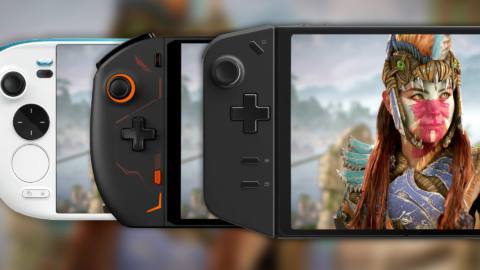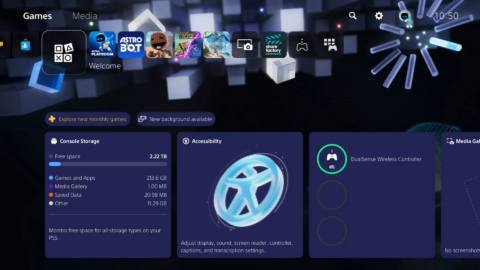
It’s time to take another look at a range of Windows-based handhelds and this time, we’re testing the most advanced, most powerful hardware on the market right now – the actual big boys of the handheld range – stacking them up against the established frontrunners: Steam Deck (in both LCD and OLED incarnations) and the Asus ROG Ally.
Primarily, I looked at three offerings and you’ll find their comparative specifications in a handy table below. They are all fundamentally based on the same AMD silicon (whether you want to call it the Ryzen 7 7840U or the Z1 Extreme) paired with LPDDR5 memory. The amount of memory varies – 16GB is generally enough, but we’re starting to see titles that would prefer more (a factor of that 16GB being shared between graphics and system memory). With that in mind, the 32GB and 64GB of the OneXPlayer 2 Pro and AyaNeo Kun respectively can prove compelling.
So far, so Asus ROG Ally, but form factors on these devices are remarkably different. They aren’t afraid to supersize to the point where the already-quite-big Steam Deck and ROG Ally are dwarfed by all three of these jumbo machines. The Lenovo Legion Go is defined by a gigantic 8.8-inch LCD with 60Hz, 120Hz and 144Hz support and a resolution of 2560×1600. AyaNeo Kun and OneXPlayer 2 Pro are smaller-but-still-huge at 8.4 inches and the same resolution, albeit limited to 60Hz only.






